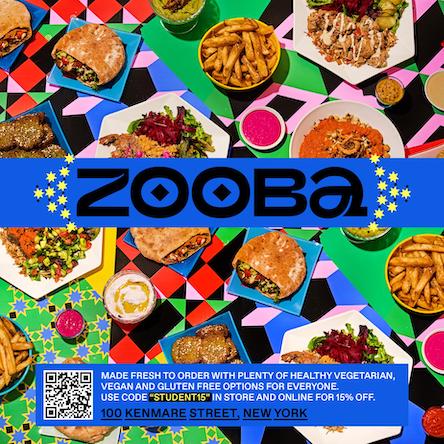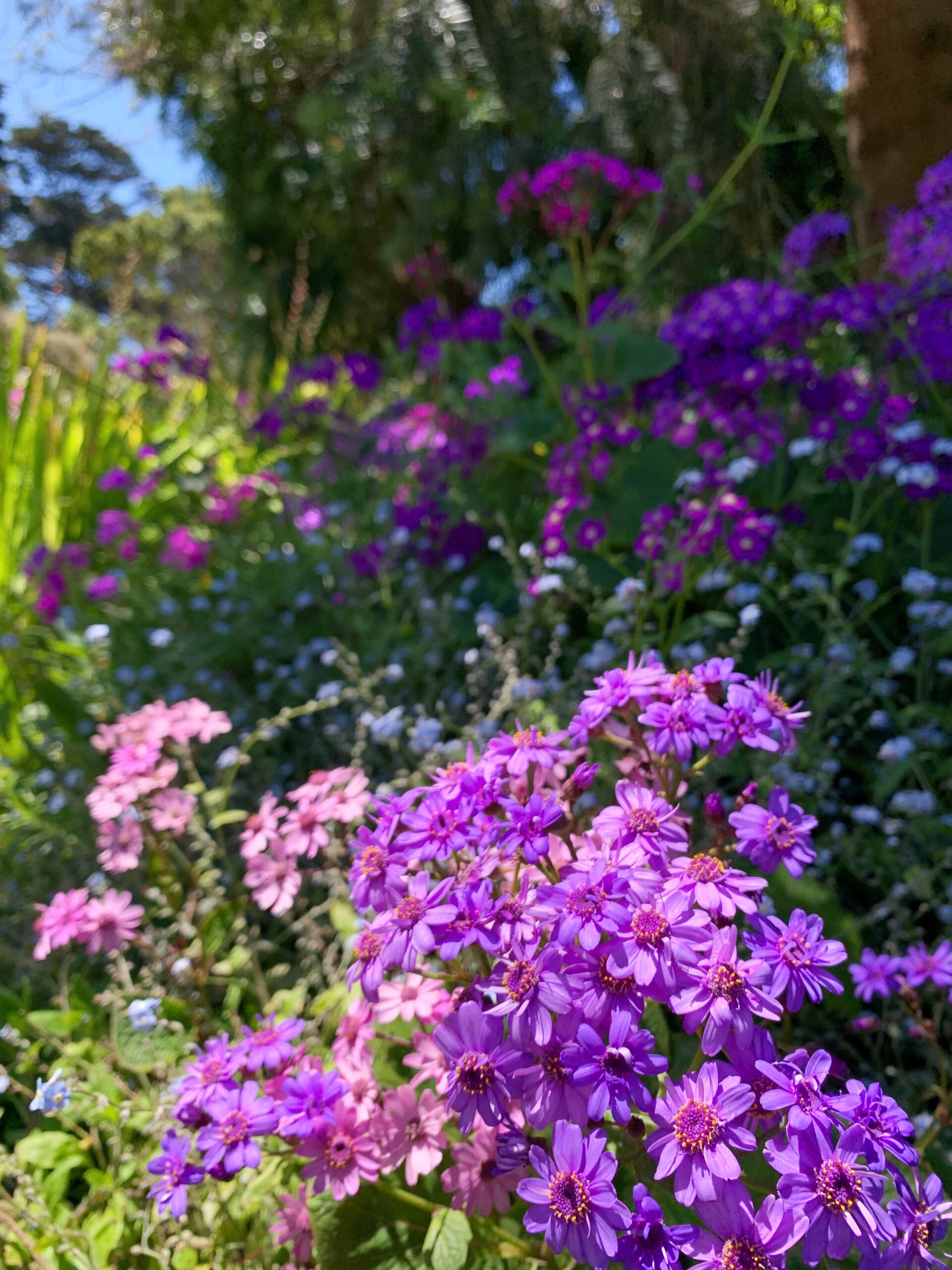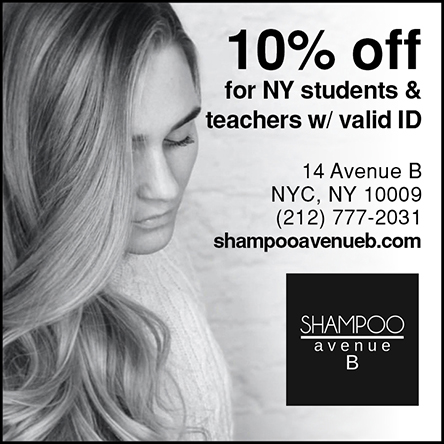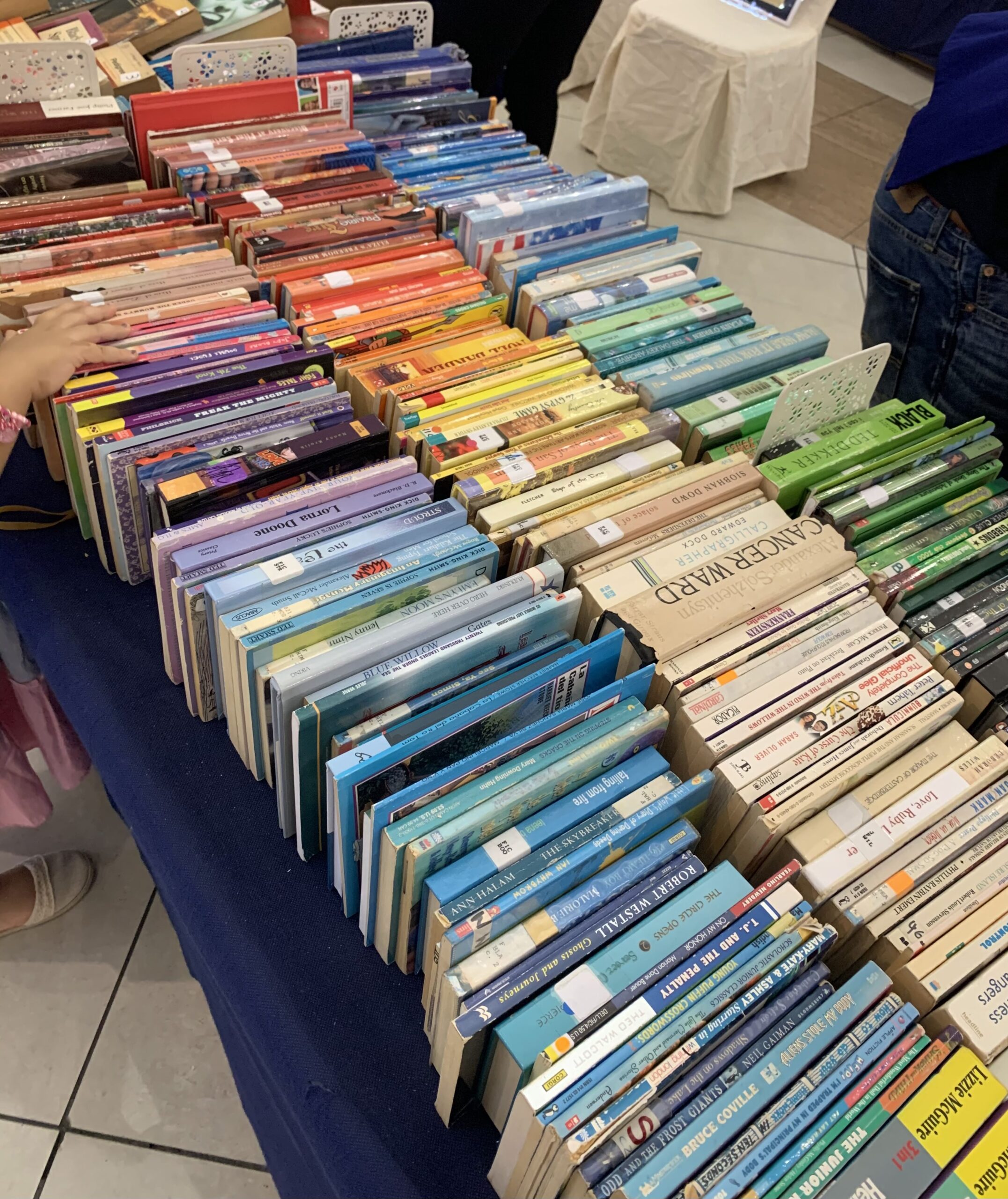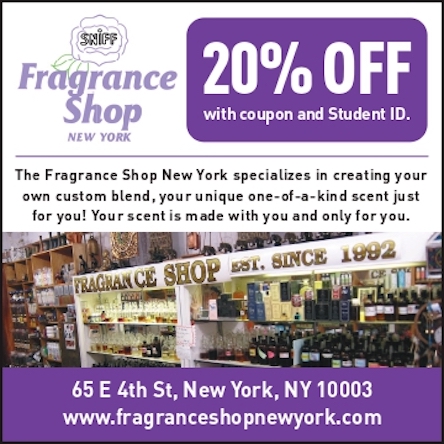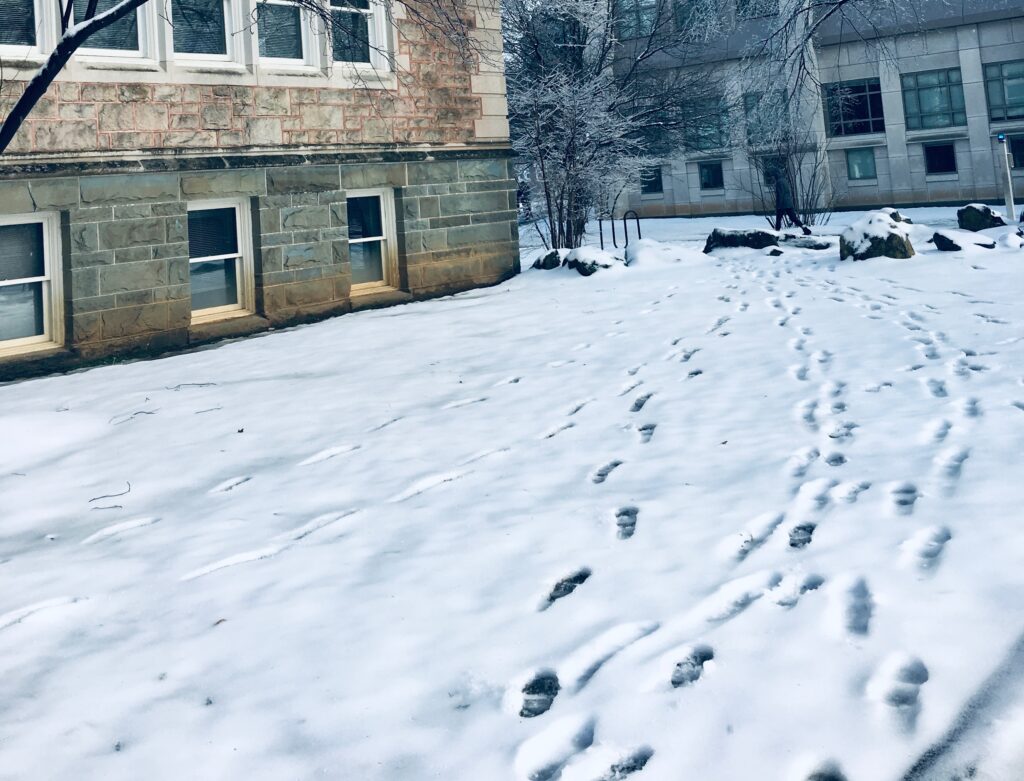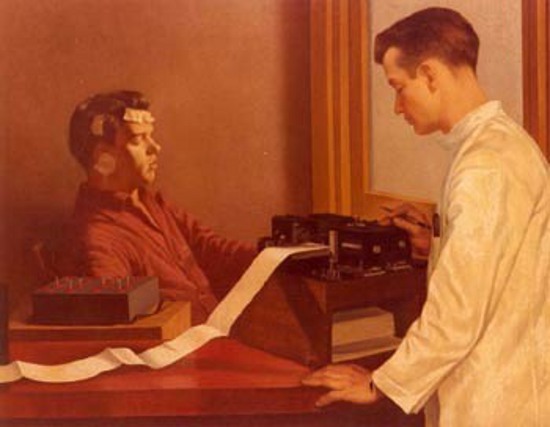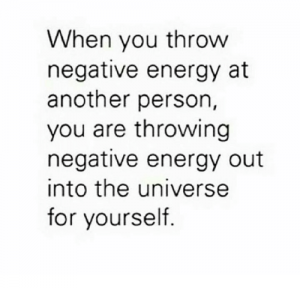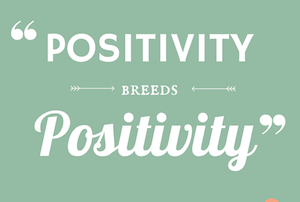I like to think that my worldview has grown a lot in the past few years. Once I took the first steps necessary to become more independent and responsible, beginning with my journey into a foreign country for college and continuing as I make my way towards different travels and milestones, I came to realize many lessons and values that I failed to before. Most particularly, I learned how to reevaluate my relationship with the people around me.
I often hear about “red flags” or “warning signs” in any kind of relationship on social media, and though these warnings aren’t always reliable, they prompted me to start considering my personal boundaries with others. There were tiktoks and tweets that I came across that made really general statements about interactions, categorizing slow texters or people who use a certain kind of emoji as being “bad” or undesirable. While I know I shouldn’t take these posts too seriously, I began wondering if I had traits that others considered to be “red flags” or absolute boundaries, or just how others viewed their relationship with me in general. Of the faults that I could readily list about myself, I must admit to being a terrible texter. Not because I don’t want to respond, but oftentimes I just forget to, or I get way too in my head about it and end up feeling unnecessary anxiety about my replies instead. I wondered if these “failed” interactions were my fault, or if I was allowed to expect my friends to be more or less accommodating of these faults.
As with most people, I’ve had my fair share of difficulties in navigating relationships, particularly with friendships. I grew up in a small community amongst a rather static group of peers. Few people entered this circle, and fewer people really left. It’s safe to say that my social circle never experienced major ups or downs, and as time passed everyone kind of just got used to being around each other. While I was fine with this as a child, I started feeling more and more alienated as I grew older and my interests developed differently from my peers. Quite a few of my friendships came to pass in this manner — maintained as an extended familiarity, but fading away without any real attachments.
As a result, I held a lot of rather naive expectations about socialization when I grew older and started stepping out into a broader community. I figured that with an increased population size I would find my place somehow, and I definitely believed I did, but it was only as my freshman year of college came to a close that I realized that my “place” was just temporary. As this first year progressed, my peers began to shed their early orientation-driven enthusiasm and with it, many friend groups collapsed and faded away. I found myself at a loss as conflicts erupted in the groups around me, and my own relationships with these people grew brittle, and eventually broke away. I was deeply upset that those I had trusted and believed to be close confidants had so easily let go of our friendships.
In the two years since then, I’ve grown and found comfort in my own goals and interests, but I often recall the naivety I held in my first year, and wonder if there was anything I should’ve changed to keep hold of the people who I thought were important. But at the same time, without these continuing attachments, I’ve had the time to reflect on myself and really focus on my own growth. I’ve come to appreciate being alone most of the time, much unlike the way my old friend group was adamant about doing everything together. I think I’ve found that keeping to myself works a lot better for my personality, and in this time I spent focusing on myself, I’ve also found several very valued friendships that I’m comfortable within and that I trust to be respectful of my boundaries. Most importantly, I’ve come to accept that there are some people who are only meant to be in my life for a period of time, and though they no longer hold that position, I should just be thankful for the joyful memories we shared and let them go without resentment.
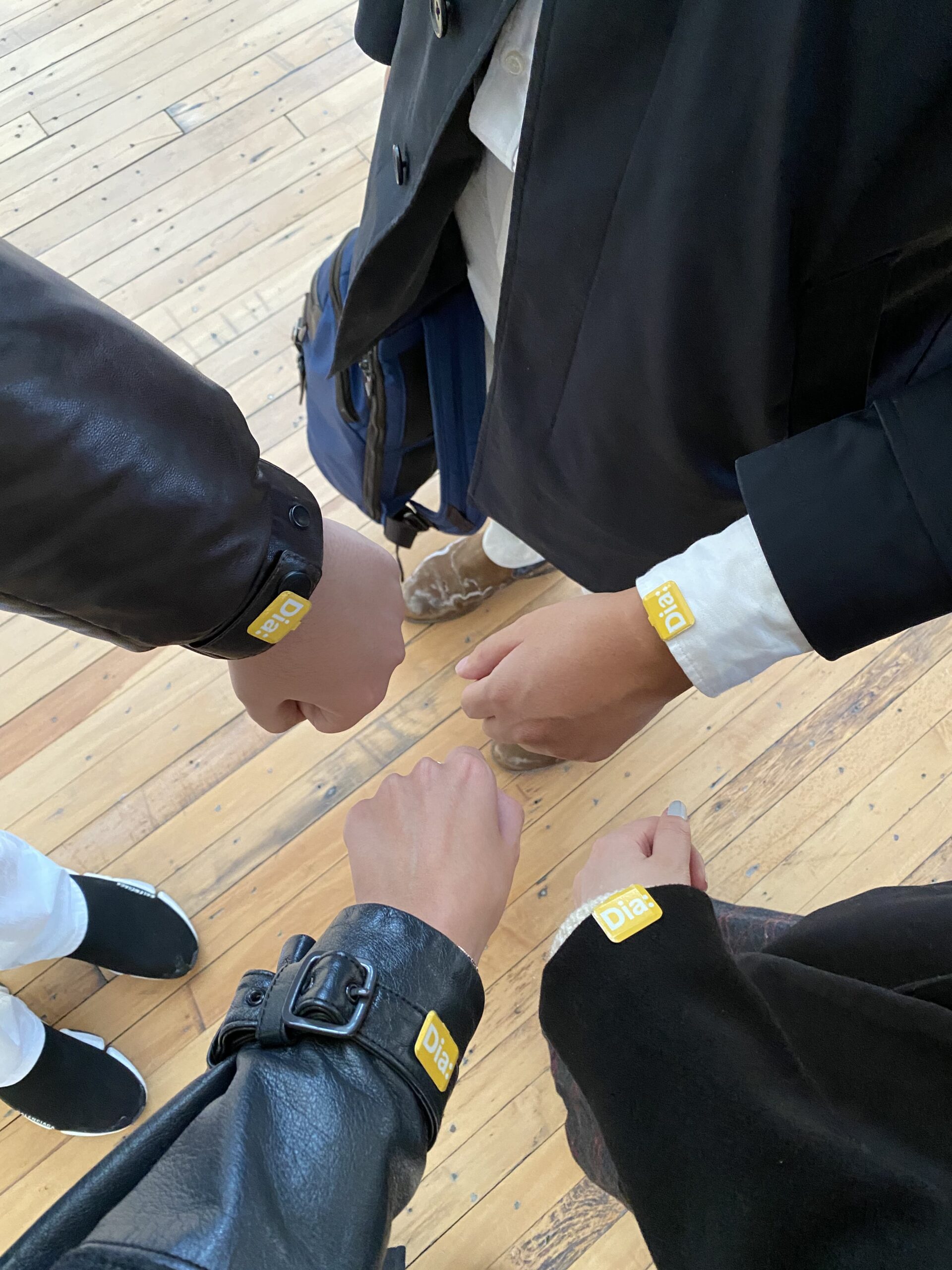
My younger self was perhaps too dependent on the idea of the glorified “best friend,” the media-marketed ideal of a tight-knit group where everything functions perfectly and no one ever gets hurt. While this may be a reality for many people, it simply hasn’t been for me, and I understand now that this expectation may have prevented me from really being a good friend to others. I convinced myself that the issue was just that we weren’t a fit, and while that may have been the case as well, this selfish belief kept me from putting in as much effort as I perhaps should have. But as I’ve matured and cast aside such habits, I think my greatest lesson throughout these many failed friendships is that there really isn’t a reason why I should need a perfect friend group. More than anything, I’ve learned that I’m perfectly fine and happy even without, and this ideal that I chased all throughout childhood only served to make myself miserable as I compared every relationship I had to “perfection” and found them wanting. There were definitely many connections that I mistakenly let go of due to these misconceptions, but as a wiser (as I’d like to think) version of myself, I trust that I have grown enough to be happy as I am, and hope that in this way, I can foster much healthier relationships with the people I come across in the future.
One of the best ways I’ve found to catch up with others is to meet up for a meal or a cup of coffee and chat. Use this student discount and treat yourself and a friend!
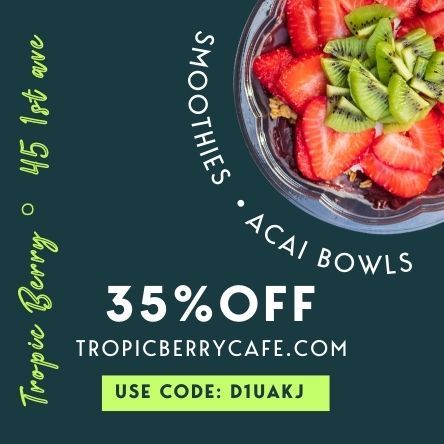
By: Fiona Lin
Fiona Lin is a rising senior at New York University’s Abu Dhabi Campus pursuing a double major in Literature and Creative Writing and Art and Art History. She enjoys traveling, drinking tea, and learning new languages. In her free time, you can find her reading web novels or playing video games.
For over 20 years, the Campus Clipper has been offering awesome student discounts in NYC, from the East Side to Greenwich Village. Along with inspiration, the company offers students a special coupon booklet and the Official Student Guide, which encourages them to discover new places in the city and save money on food, clothing, and services. At the Campus Clipper, not only do we help our interns learn new skills, make money, and create wonderful e-books, we give them a platform to teach others. Check our website for more student savings and watch our YouTube video showing off some of New York City’s finest students during the Welcome Week of 2015.



